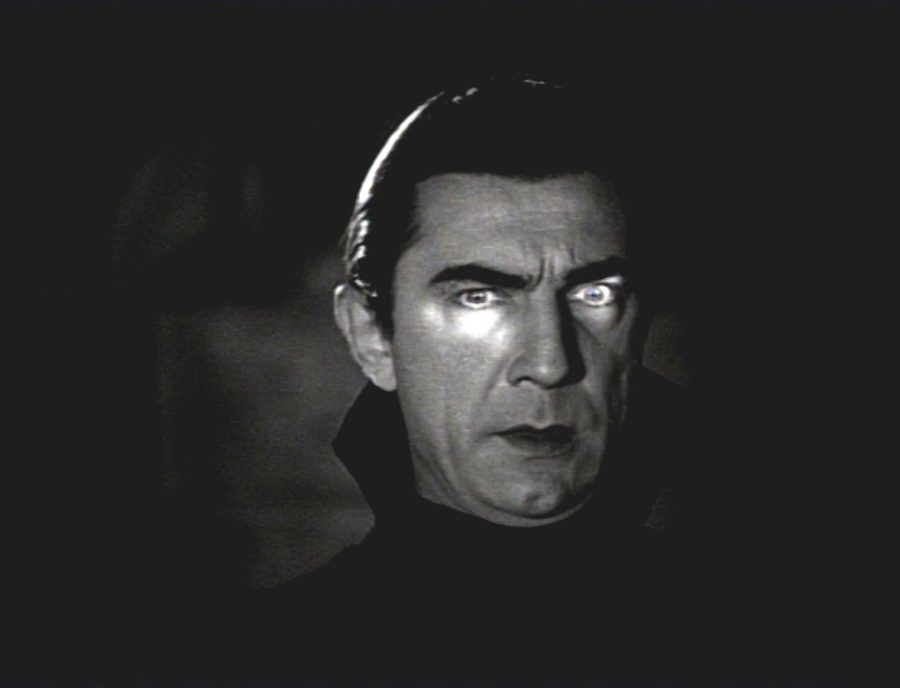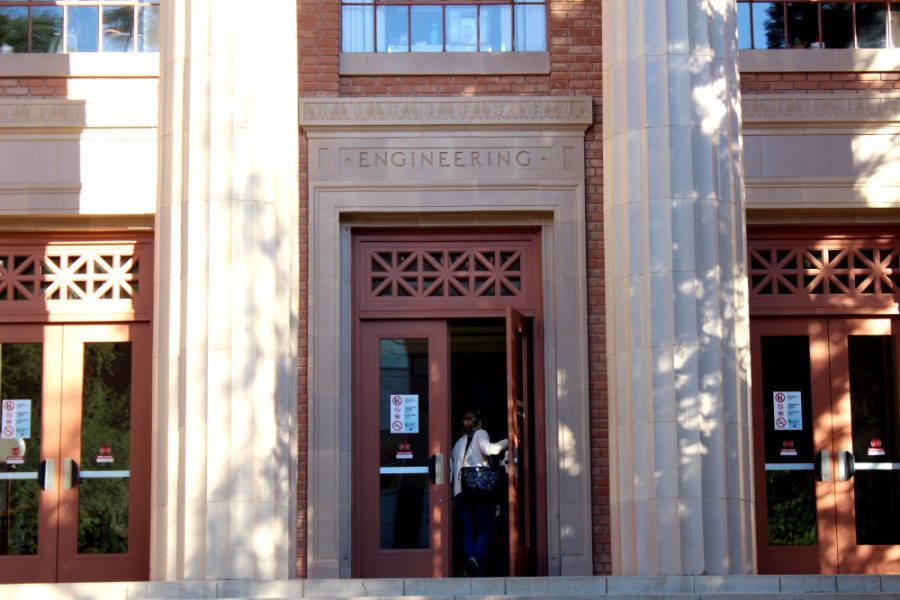Halloween may be months behind us, but that hasn’t stopped filmmakers from doing their best to scare our wits out in the middle of winter. Case in point: ”The Bye Bye Man,” a new supernatural horror film, opened to excellent sales last Friday. But if horror films are timeless, one might ask the question: Why do we enjoy being scared at all?
UA psychology professor Jeff Greenberg and assistant professor Dan Sullivan have made part of their research focus on answering that very question.
“People enjoy being engaged and physiologically aroused,” Greenberg said. “We like to be interested and aroused—as opposed to uninterested or bored—especially when there is no real danger.”
RELATED: Reminders of death increase performance in sports
Sullivan also explained that people who attend haunted houses or go see scary movies want to feel a certain type of way. Something like an adrenaline rush that could be elicited from an experience that isn’t regularly present in one’s daily life.
“I like the ‘jump’ kind of scare, just because I get excited more than I do scared,” said Caitlin Kohnke, a sophomore studying literacy, learning and leadership.
Both Greenberg and Sullivan noted individuals can ultimately find the experience of fear pleasurable if and when the individual knows they are going to make it out alive once the experience is over.
“I don’t like legitimate fears, because if that kind of scaring were more appealing then that would be like ‘Ohh, terrorism, cool!,’ but it’s not,” said biology sophomore Bailey Mattox.
Kohnke said stuff that isn’t actually real is enjoyable.
Sullivan explained death and violence in general is not encountered everyday in the average UA undergraduate or employee’s society, compared to most people in history.
“There is this kind of interesting tendency, historically, where a lot of us experience a common fear, like death, mostly through media content, and we don’t necessarily have a lot of concrete experiences of death in our own lives,” Sullivan said.
RELATED: Going deeper: UA scientists use sound waves to look at the brain in new ways
Sullivan went on to explain that when someone who lacks death-related experiences watches a movie with death in it, they don’t consciously connect the death within the movie to a personal death.
“What we are typically doing is connecting death within a movie or form of media to other images of death in past movies we have seen, which is the function genre serves on some level,” Sullivan said.
Genres within movies ultimately serve as guidelines.
“When you watch a vampire movie, basic realities like death are going to be portrayed in certain ways according to certain rules,” Sullivan said.
He said he personally believes movies that defy traditional genres are often more disturbing and aren’t always the most popular horror films.
Sullivan credits culture and context as some of the reasons why people find certain things fearful and unpleasant.
“Sometimes when you are confronted with a way of thinking about fear that you have never experienced before, just because it doesn’t fit in a typical genre you are used to, it can be very disturbing,” Sullivan said.
Greenberg mentioned people may seek small doses of fear to make them feel like they have better control over those fears.
Mattox explained that her common childhood fears haven’t stuck with her, and she has found that her fears have changed as she has matured.
“Things like ‘I have no idea what I’m going to do with my life’ or being thousands of dollars in debt—that’s terrifying,” Mattox said.
For their part, horror movies will likely stick to machete-wielding maniacs and zombies for the foreseeable future.
Follow Alez Gonzalez on Twitter.









